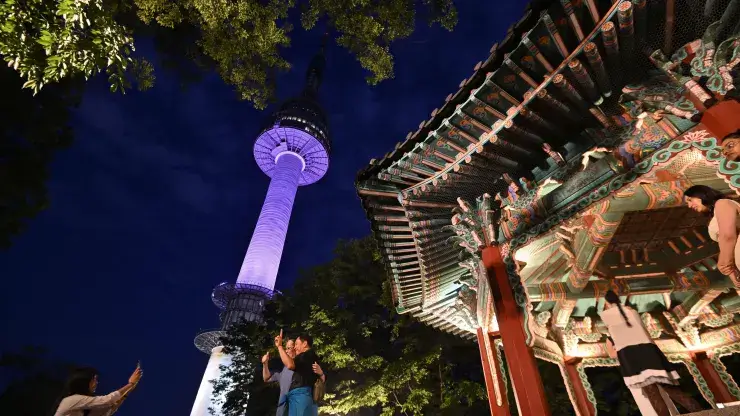Industry observers believe that South Korea’s dominance in the memory chip market and its robust artificial intelligence (AI) ecosystem provide it with a significant advantage in the global AI chip race. The country aims to become one of the world’s top three AI powerhouses by 2027, following closely behind the U.S. and China, according to its “digital strategy.” South Korean companies such as Samsung Electronics and SK Hynix, two of the largest dynamic random-access memory chipmakers globally, have been investing heavily in AI research and development to enhance their capabilities.
The importance of memory chips in AI systems, particularly in large language models like ChatGPT, has contributed to South Korea’s advantage. High-performance memory chips enable generative AI models to retain details from past conversations and user preferences, facilitating the generation of human-like responses. South Korea’s strength in the memory market positions it well in meeting the increasing demand for AI computation.
Samsung’s commitment to technological advancement is evident through its significant investments, with plans to spend $228 billion on a new semiconductor facility in South Korea. By continuously upgrading their technology, South Korean companies aim to maintain their leadership position and catch up with global competitors. Samsung’s partnership with Nvidia, a major U.S. chipmaker, further strengthens its position as a supplier of high bandwidth memory chips.
The South Korean government recognizes the potential of AI and has made substantial investments in the field. It has allocated substantial funding for AI semiconductor research and development over the next five years, as well as for building high-end chips through data centers and collaborations with startups. By leveraging its expertise in memory chips and focusing on AI semiconductors, South Korea aims to secure world-class AI semiconductor technology and drive economic growth in various industries.
South Korean AI chip design startup Rebellions is also making strides in challenging U.S. chip giants. The company claims that its new chip outperforms Nvidia’s equivalent GPUs in terms of AI workload, offering better energy efficiency, cost efficiency, and sometimes even better performance. This development showcases the growing competitiveness of South Korean companies in the AI chip market.
The support from the government has fostered a thriving ecosystem for AI startups in South Korea, with founders establishing companies and investors showing a high interest in backing these ventures. The combination of South Korea’s dominance in memory chips, its commitment to AI research and development, and the government’s support is driving the country’s ambition to become a major player in the global AI chip race.





